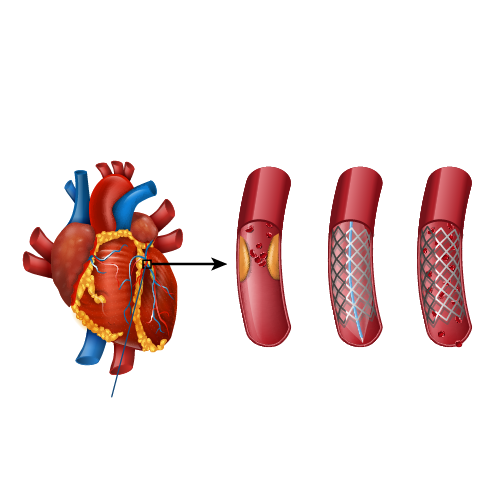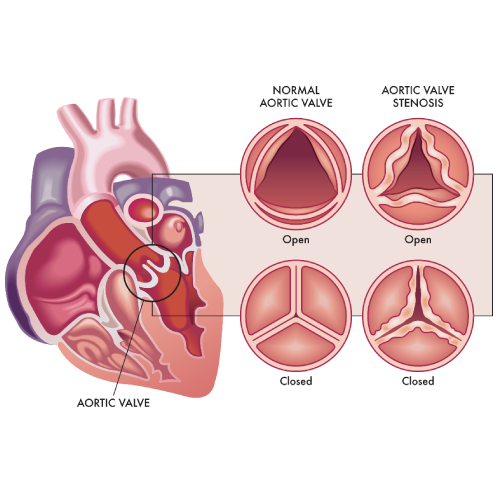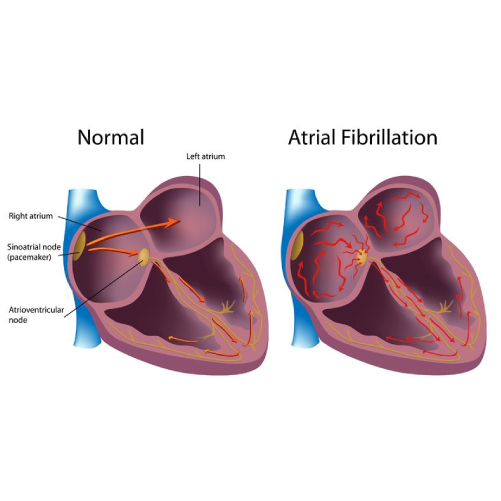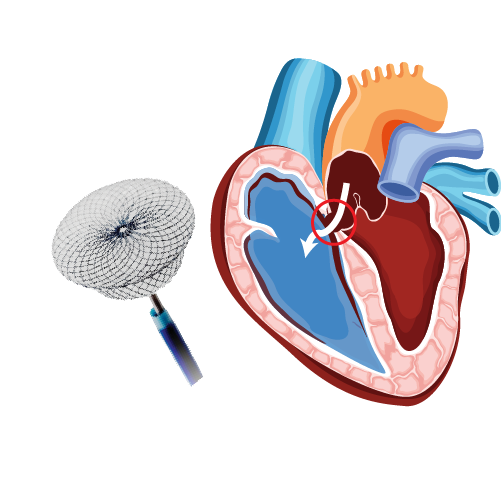What Is the Difference Between Heart Attack and Heart Failure?

The heart is a crucial organ responsible for supplying blood throughout the human body. It provides oxygen and nutrients to every body part, and its proper functioning is essential for overall health. Heart disease is a leading cause of death worldwide, and it can manifest in different ways, including heart attack and heart failure.
Although both conditions are related to the heart, they are distinct and require different treatments. In this article, we will explore the differences between heart attack and heart failure.
Heart Attack: A Closer Look
A heart attack occurs when blood flow to a section of the heart muscle is blocked, preventing oxygen and nutrients from reaching that area. This can happen when one or more of the coronary arteries, which supply blood to the heart, become narrowed or blocked due to plaque buildup. It can also occur if a blood clot forms in one of the coronary arteries, blocking blood flow.
The signs of a heart attack can differ depending on several factors. The most common symptoms include the following:
- Chest pain, heaviness, or discomfort
- Shortness of breath
- Pain or discomfort in the arms, back, neck, jaw, or stomach
- Nausea, lightheadedness, or cold sweats
Treatment for a heart attack includes angioplasty in the heart or open heart surgery. Additionally, a patient might have to take blood thinners and other medications to minimize the risk of future heart attacks. It is worth noting that a heart attack can occur even without obvious symptoms like chest pain and breathlessness.
Also, the symptoms can be different for men and women. If you or someone you know experiences any of these symptoms, it is essential to seek emergency medical care from a reputed heart specialist in Hyderabad (or your location). Delaying treatment can increase the risk of serious complications, including permanent heart damage or even death.
Heart Failure: A Closer Look
Heart failure is a cardiovascular disease that interferes with the heart’s pumping function. It occurs when the heart struggles to pump enough blood to meet the body’s needs. It can happen when the heart becomes weakened or damaged, making it less efficient.
Heart failure is often categorized into the following types:
- Left-sided heart failure: This occurs when the left side of the heart, which pumps blood to the body, becomes weak or damaged, causing blood to back up into the lungs.
- Right-sided heart failure: This occurs when the right side of the heart, which pumps blood to the lungs, becomes weak or damaged, causing blood to back up into the body.
- Systolic heart failure: This occurs when the heart’s pumping function becomes weak, making it difficult to push blood out of the heart and into the body.
- Diastolic heart failure: This occurs when the heart’s ability to relax and fill with blood becomes impaired, making it difficult to pump blood efficiently.
The symptoms of heart failure can also vary, but the most common signs include the following:
- Shortness of breath, even without physical exertion
- Fatigue, dizziness, or weakness due to a lack of nutrients and oxygen
- Swelling in the legs, ankles, feet, or abdomen due to fluid buildup
- Rapid or irregular heartbeat
- Persistent cough or wheezing due to fluid buildup in the lungs.
Like a heart attack, heart failure is a severe condition that requires prompt medical attention. If you or someone you know experiences these symptoms, it is essential to seek medical care from the best cardiologist in Hyderabad (or your location).
The treatment of heart failure focuses on managing symptoms and addressing the underlying cause of the condition. This can include medication, lifestyle changes, and medical procedures, such as implantable devices or heart transplants.
Heart Attack vs. Heart Failure: What Is the Difference?
A heart attack is a life-threatening condition that requires emergency medical interventions, such as angioplasty in the heart. On the other hand, heart failure is a progressive condition that results in the gradual weakening of the heart muscles. If left untreated, heart failure can result in a wide array of complications, including aortic valve stenosis, arrhythmias, renal failure, and heart attack.
Dr. C Raghu is a renowned heart specialist in Hyderabad, often regarded as one of the best TAVR experts in India. If you or anyone you know has been diagnosed with heart failure, feel free to discuss your treatment options with Dr. Raghu today.
Book Online Consultaion
What Is the Difference Between Heart Attack and Heart Failure? Blog
Subscribe the Hearty Life Blogs

DR. RAGHU | Best Cardiologist in Hyderabad
Cardiology Coronary, Vascular and
Structural Interventions
Conditions & Diseases

Angioplasty

Aortic Stenosis

Atrial Fibrillation






